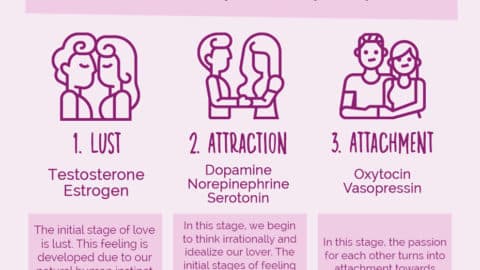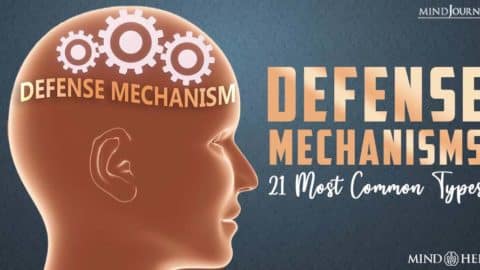In a world increasingly interconnected through media and technology, global conflicts, such as the Israel-Hamas conflict, have far-reaching implications that extend well beyond their geographical epicenters.
With the relentless stream of news and social media updates, it’s crucial to prioritize mental health, particularly during times of conflict. This report explores strategies to prioritize mental health during the Israel-Hamas conflict.
Strategies To Prioritize Mental Health
Limiting Exposure to Disturbing Media
One of the key strategies to safeguard mental health during a conflict is to regulate exposure to disturbing media. This approach can be likened to a “media diet” and is designed to mitigate the potential negative effects of excessive exposure to distressing content. Here’s how it works:
Select Trustworthy Sources: To avoid being overwhelmed by sensationalized or biased reporting, individuals should stick to a few trustworthy sources of news and information. Reputable news outlets and official statements can provide a more balanced and accurate perspective.
Set Time Limits: It is advisable to impose time limits on daily news consumption. Consuming no more than 30 minutes of news per day is a recommended guideline. This controlled exposure helps prevent the buildup of excessive anxiety and minimizes the likelihood of sleep disturbances.
Timing Matters: The timing of news consumption can significantly impact mental well-being. It’s best to avoid engaging with distressing news close to bedtime, as it can disrupt sleep patterns and lead to heightened anxiety.
Protecting Children: This media diet approach is particularly important for children who may inadvertently come across distressing content. Parents should actively monitor and regulate their children’s exposure to news and social media. Child-friendly news sources can provide age-appropriate information.
Open, Age-Appropriate Conversations
Engaging in honest and age-appropriate conversations about the Israel-Hamas conflict is another critical aspect of protecting mental health. This involves several key elements:
Initiating Discussions: Parents and caregivers should take the lead in initiating conversations with children about the conflict. By doing so, they create a safe space for children to ask questions and express their concerns.
Age-Appropriate Information: It’s essential to tailor the information to the child’s age and maturity level. Avoid overwhelming them with complex geopolitical details, and focus on providing a basic understanding of the situation.
Clarifying Facts: Clarifying the facts surrounding the conflict can be reassuring for children. Addressing their questions and correcting any misconceptions they may have can help ease their anxiety and uncertainty.
Teaching Critical Thinking: Educating children on how to distinguish reliable sources from unreliable ones is a vital life skill in the digital age. This empowers them to navigate the vast information landscape responsibly.
Community and Support Systems
In times of conflict, fostering a sense of community and support is crucial for maintaining mental health:
Community Engagement: Encouraging community engagement and mutual support can create a sense of unity and purpose. Participating in discussions, support groups, or community events related to the conflict can help individuals feel less isolated.
Seeking Professional Help: For those experiencing severe distress or trauma, seeking professional help is essential. Mental health professionals can provide coping strategies and therapeutic interventions to manage the emotional impact of the conflict.
Self-Care Practices: Encouraging self-care practices, such as meditation, exercise, and maintaining a healthy routine, can be highly beneficial in managing stress and anxiety.
Solidarity and Empathy: Demonstrating empathy and solidarity with those directly affected by the conflict can be emotionally uplifting. Engaging in acts of kindness and supporting humanitarian efforts can foster a sense of purpose.
Media Literacy Education
In the age of digital media, media literacy is an invaluable skill:
Educational Initiatives: Schools and educational institutions should incorporate media literacy programs to teach students how to critically evaluate information sources and recognize bias.
Fact-Checking: Encouraging fact-checking and critical thinking is essential for combating misinformation and disinformation. This empowers individuals to make informed decisions about the information they consume.
In conclusion, protecting mental health during the Israel-Hamas conflict and similar global events requires a multifaceted approach. Implementing a “media diet,” engaging in age-appropriate conversations, building a supportive community, and promoting media literacy can collectively help individuals and communities navigate these challenging times with resilience and well-being.
By prioritizing mental health, individuals can better cope with the far-reaching consequences of conflicts in our interconnected world.





